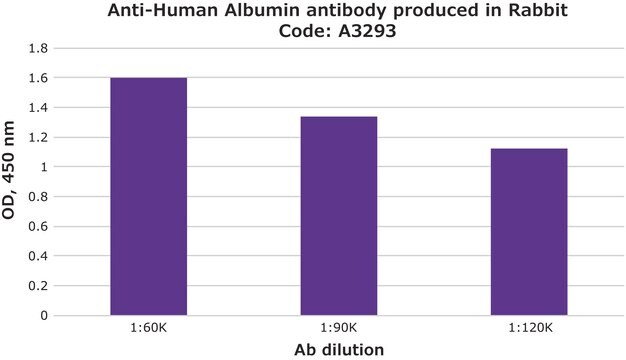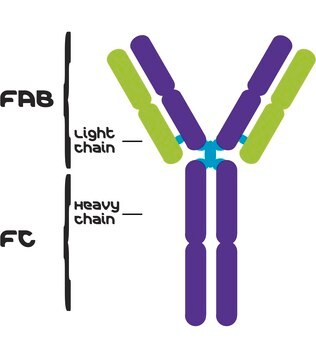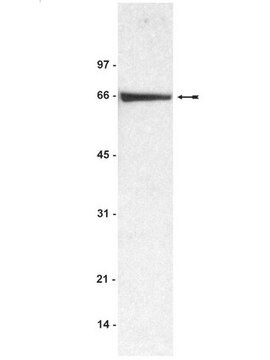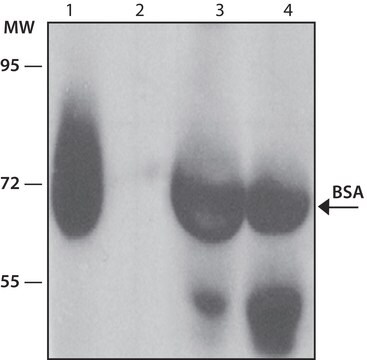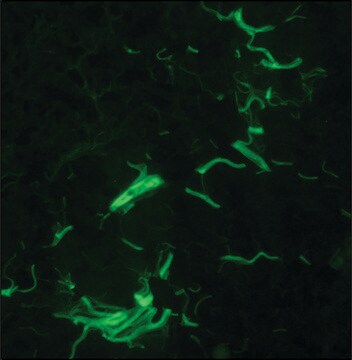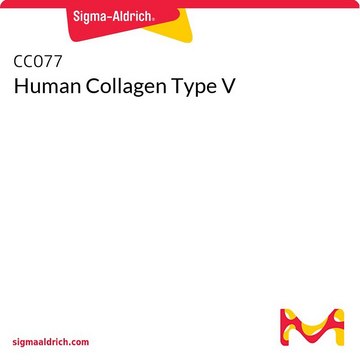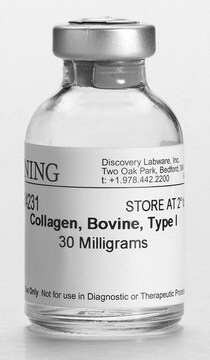MAC115
Anti-human Albumin Antibody, clone 8F6F9
ascites fluid, clone 8F6F9, from mouse
Synonym(s):
Serum albumin, ALB, human albumin
Sign Into View Organizational & Contract Pricing
All Photos(1)
About This Item
UNSPSC Code:
12352203
eCl@ss:
32160702
NACRES:
NA.41
Recommended Products
biological source
mouse
Quality Level
antibody form
ascites fluid
antibody product type
primary antibodies
clone
8F6F9, monoclonal
species reactivity
human
technique(s)
western blot: suitable
isotype
IgG1
UniProt accession no.
shipped in
wet ice
target post-translational modification
unmodified
Gene Information
human ... ALB(213)
General description
Human Albumin, also known as Serum albumin (ALB), is a member of the ALB/AFP/VDB family. Serum albumin is the main protein of plasma and has been shown to bind with water, Ca2+, Na+, K+, fatty acids, hormones, bilirubin and drugs. Human Albumin plays an important role in the regulation of the colloidal osmotic pressure of the blood. Additionally, Human Albumin has been shown to be the major zinc transporter in plasma, and typically binds about 80% of all plasma zinc. Mutations in ALB are implied to be the cause of familial dysalbuminemic hyperthyroxinemia (FDH), a form of euthyroid hyperthyroxinemia that is due to increased affinity of ALB for T4. Human Albumin is expressed primarily in plasma.
Immunogen
Human sera albumin
Application
Detect Albumin using this mouse monoclonal antibody, Anti-human Albumin Antibody, clone 8F6F9 validated for use in western blotting.
Research Category
Apoptosis & Cancer
Apoptosis & Cancer
Research Sub Category
Apoptosis - Additional
Apoptosis - Additional
Quality
Evaluated by Western Blotting in human serum and plasma.
Western Blotting Analysis: A 1:500-2,000 dilution of this antibody detected human Albumin in human serum and plasma.
Optimal working dilutions must be determined by end user.
Western Blotting Analysis: A 1:500-2,000 dilution of this antibody detected human Albumin in human serum and plasma.
Optimal working dilutions must be determined by end user.
Target description
~50 and ~69 observed. Uncharacterized bands may appear in some lysate(s).
Physical form
Mouse monoclonal IgG1 ascitic fluid containing up to 0.1% sodium azide.
Unpurified
Storage and Stability
Stable for 1 year at -20°C from date of receipt.
Handling Recommendations: Upon receipt and prior to removing the cap, centrifuge the vial and gently mix the solution. Aliquot into microcentrifuge tubes and store at -20°C. Avoid repeated freeze/thaw cycles, which may damage IgG and affect product performance.
Handling Recommendations: Upon receipt and prior to removing the cap, centrifuge the vial and gently mix the solution. Aliquot into microcentrifuge tubes and store at -20°C. Avoid repeated freeze/thaw cycles, which may damage IgG and affect product performance.
Analysis Note
Control
Human serum and plasma
Human serum and plasma
Disclaimer
Unless otherwise stated in our catalog or other company documentation accompanying the product(s), our products are intended for research use only and are not to be used for any other purpose, which includes but is not limited to, unauthorized commercial uses, in vitro diagnostic uses, ex vivo or in vivo therapeutic uses or any type of consumption or application to humans or animals.
Not finding the right product?
Try our Product Selector Tool.
Storage Class
12 - Non Combustible Liquids
wgk_germany
nwg
flash_point_f
Not applicable
flash_point_c
Not applicable
Certificates of Analysis (COA)
Search for Certificates of Analysis (COA) by entering the products Lot/Batch Number. Lot and Batch Numbers can be found on a product’s label following the words ‘Lot’ or ‘Batch’.
Already Own This Product?
Find documentation for the products that you have recently purchased in the Document Library.
Our team of scientists has experience in all areas of research including Life Science, Material Science, Chemical Synthesis, Chromatography, Analytical and many others.
Contact Technical Service
